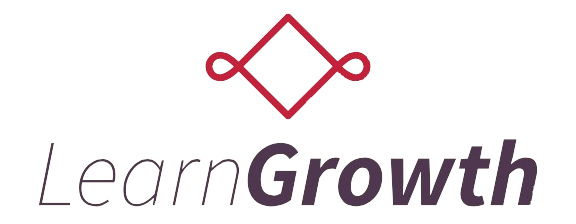Scholarships: The Smart Education Investment
Scholarships: The Smart Education Investment
By Matt Konrad
As the world of higher education faces an uncertain future, there are two things we know for sure: education will be a key to our recovery, and students will need our support more than ever as they return to school.
Support for students can take many forms; starting a scholarship program can ensure you have an impact now, and well into the future. Getting started can be a challenge – but partnering with an experienced nonprofit like Scholarship America ensures you the simplest setup, the greatest financial flexibility and the most trusted management you can get.
Establishing a Scholarship Fund
The first step toward establishing a scholarship program is determining where the funds will come from – and there are as many options available as there are donors.
The most straightforward way to fund any scholarship, of course, is through a cash transfer. You have liquid assets, and you transfer them to a school, foundation or nonprofit for the purpose of creating a scholarship fund. In the case of a nonprofit partner like Scholarship America, that contribution can be tax-deductible, provided you follow certain criteria.
But cash is only the start. Scholarship America can create scholarship funds with gifts of stock; with grants from Donor Advised Funds; with bequests or planned gifts; and with IRA charitable rollover dollars. (As of the 2022 tax year, investors who have reached 70.5 years of age can transfer up to $100,000 per year to charity and avoid a sizable tax bill.)
What’s more, Scholarship America can create a scholarship fund on your behalf that can receive donations from others – helping you take your own passion for education and inspire others to make an even bigger impact.
Flexible Fund Management to Fit Your Needs
Our team works with all kinds of individuals, foundations and companies to design scholarships, and that includes determining the best way to structure the investment, management and disbursement of your funds.
The most common type of scholarship fund that our partners create is an endowed scholarship fund, also known as a permanently restricted fund. This type of fund uses the interest earned on the principal to pay out scholarship awards (as well as our program management fee), while leaving the principal invested for future earnings. A temporarily restricted fund allows for both the principal and the earned interest to be distributed.
Our partners have an array of choices when it comes to investing. We offer a range of investment portfolio options to choose from, ranging from conservative to growth-oriented. Funds are managed in partnership with Graystone Consulting, a part of Morgan Stanley with over 40 years of investment advisory experience; the firm was selected and approved by our Board of Trustees.
Starting small but making big plans for the future? The principal of a scholarship fund can be built up to any specified level before earnings are spent, and we often work with partners on deferred investments, bequests and other ways to increase fund levels over the life of the scholarship program. All scholarship funds established with Scholarship America are protected from creditors, and investors receive periodic reports from our Finance team.
Tax Regulations of Charitable Scholarship Donations
Due to IRS regulations, most scholarship programs are legally required to be operated by a registered 501(c)(3) organization. Creating a scholarship through Scholarship America saves you from having to set up your own foundation and get IRS approval.
Because of Scholarship America’s 501(c)(3) nonprofit status, the funds you use to start a scholarship program may be tax-deductible, provided Scholarship America is given exclusive legal control over the assets: funds are permanently transferred to one of our portfolios, and Scholarship America is responsible for the selection of scholarship recipients, based on the criteria you define.
Funds cannot be returned once transferred, but all of our scholarship fund agreements include a sunset clause.
Making an Impact, Your Way
Scholarship America’s decades of experience designing scholarship programs give us an edge when it comes to getting your funds into the right hands.
We will work with you to identify the kinds of students you want to support, and to develop a custom program designed to reach them. Our team collaborates with each and every partner to establish award amounts, selection criteria and evaluation metrics that ensure you’re making a real impact on what matters to you.
Your Scholarship America scholarship fund isn’t a one-size-fits-all charitable donation. It’s a custom, purpose-built program that helps you make educational dreams come true for the next generation of learners.
Note: This information is not to be considered legal advice. Please consult with an attorney, wealth advisor or tax consultant to learn how investing in a scholarship can work with your personal finances.










